Nepal prime minister resigns as anti-corruption protests escalate
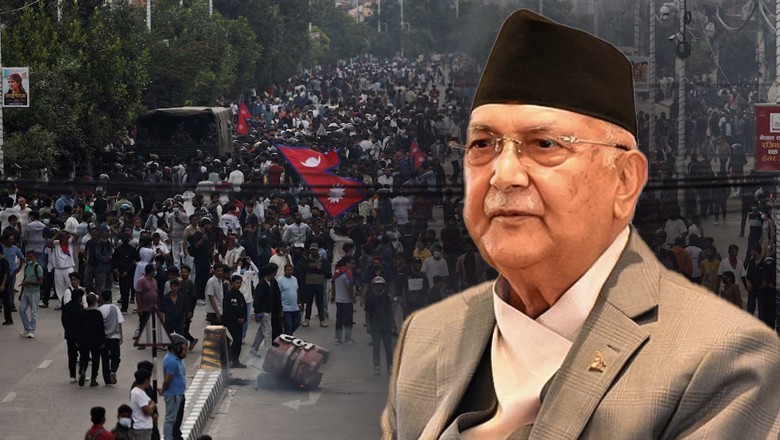
Web Desk
|
9 Sep 2025
Nepal’s Prime Minister KP Sharma Oli stepped down on Tuesday as anti-corruption protests raged across the country, defying an indefinite curfew and clashing with security forces just a day after 19 people were killed in violence triggered by a government-imposed social media ban.
Oli’s resignation was confirmed by his aide, Prakash Silwal, who told a wire service that, “The PM has quit.” The decision adds a new layer of uncertainty to a nation already reeling from political instability and economic hardship.
The crisis erupted after police fired tear gas and rubber bullets at demonstrators attempting to storm parliament on Monday, leaving 19 dead and more than 100 injured. The government quickly withdrew the social media restrictions, but the unrest marked the bloodiest street clashes in decades in the Himalayan country, long struggling since the 2008 abolition of its monarchy.
Earlier on Tuesday, Oli had convened political leaders, urging dialogue to end the crisis. “Violence is not in the interest of the nation,” he said, calling for peaceful solutions. But his appeal failed to calm the streets, as protesters poured into Kathmandu, burning tyres, hurling stones at riot police, and chasing officers through alleyways. Many filmed the confrontations on their phones as thick black smoke rose over the capital.
Protesters also torched homes of several politicians, according to witnesses, while local media reported that some ministers had to be evacuated by military helicopters. Reuters could not independently verify those reports.
Also Read: Indian media slammed for 'spinning false narrative' about Gen Z protests in Nepal
In border towns near India, hundreds of people began marching towards Kathmandu to join the demonstrations, a protester told Reuters by phone. The escalating violence even disrupted air traffic, with flights arriving from the south diverted due to smoke near the capital’s main airport, according to aviation official Gyanendra Bhul.
On the streets, the mood remained defiant. “We are still standing here for our future,” protester Robin Sreshtha told Reuters TV. “We want this country corruption-free so that everyone can easily access education, hospitals, medical facilities, and for a bright future.”
Organisers have dubbed the unrest “Gen Z protests,” driven by young Nepalese frustrated with corruption, economic stagnation, and the government’s failure to deliver opportunities. The demonstrations have since spread to other cities, making clear that anger at the state goes far beyond the initial social media ban.


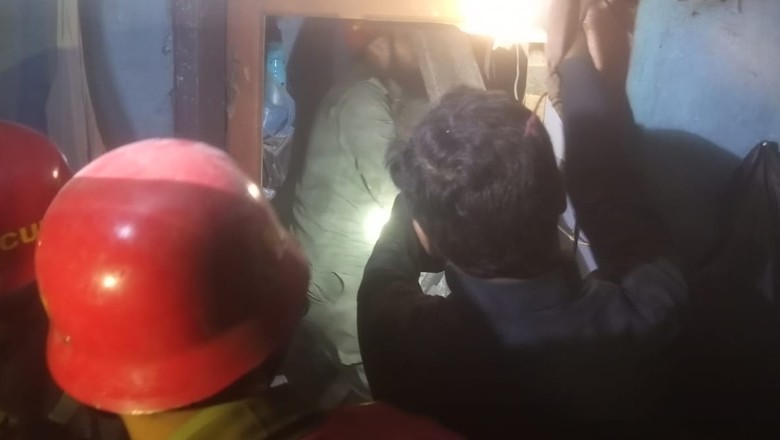
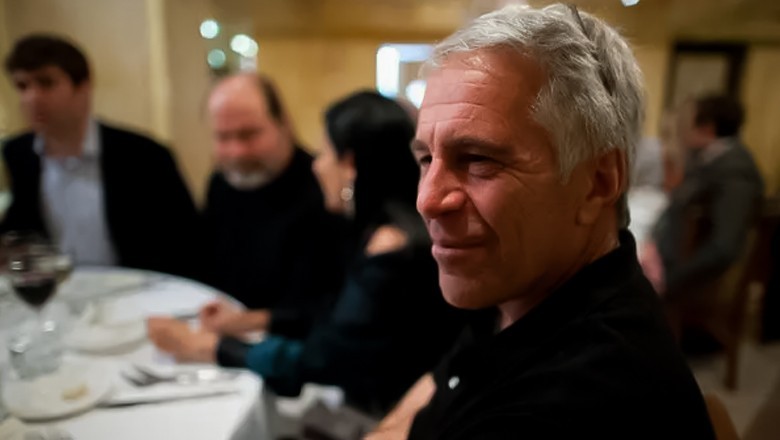
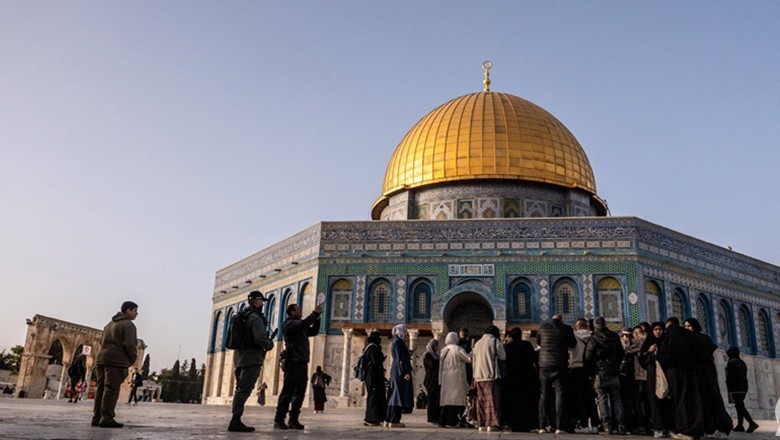
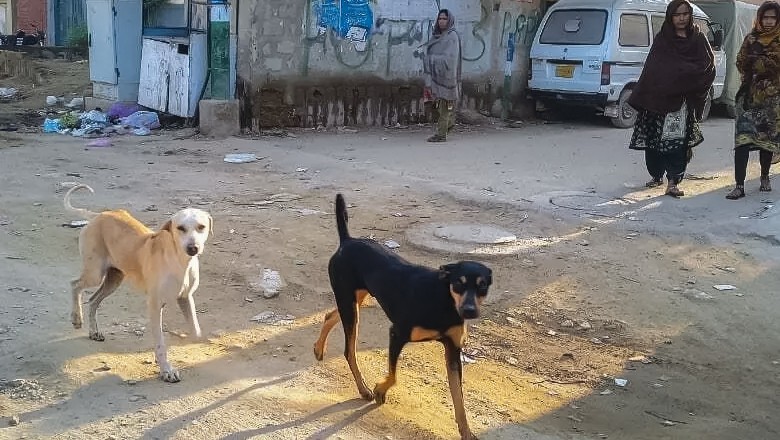
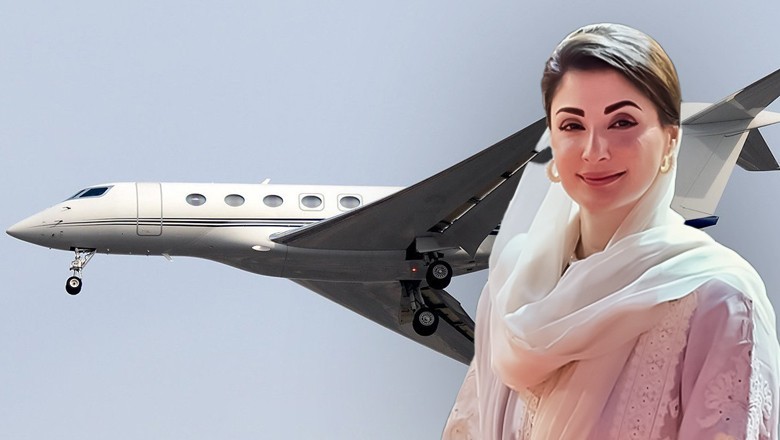

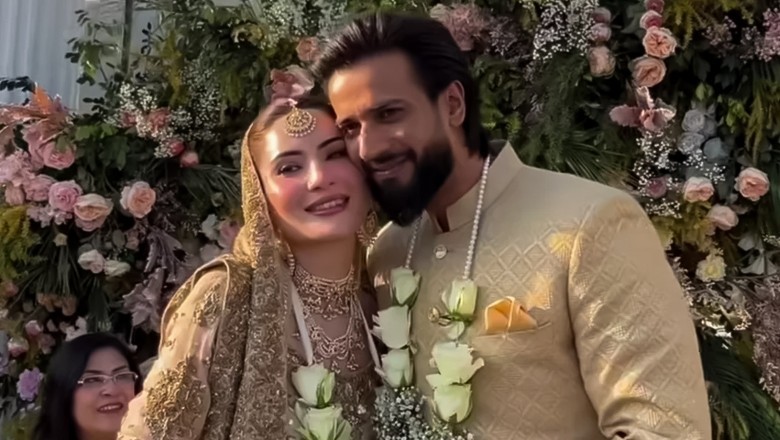
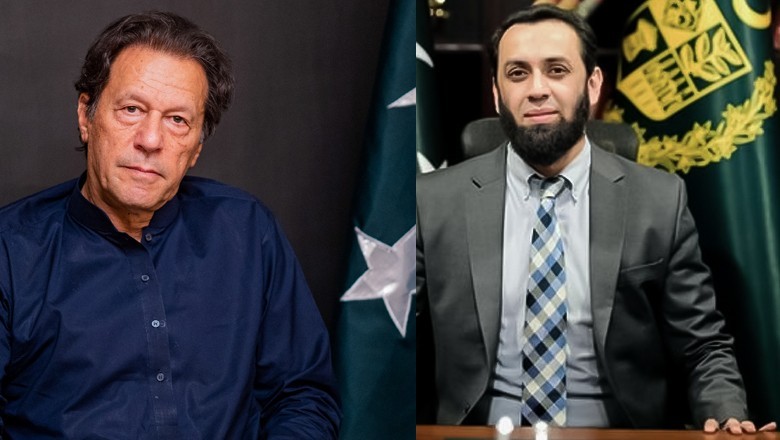
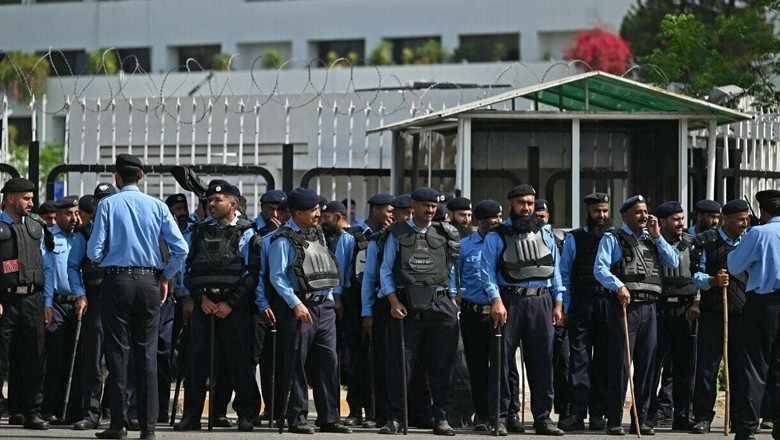
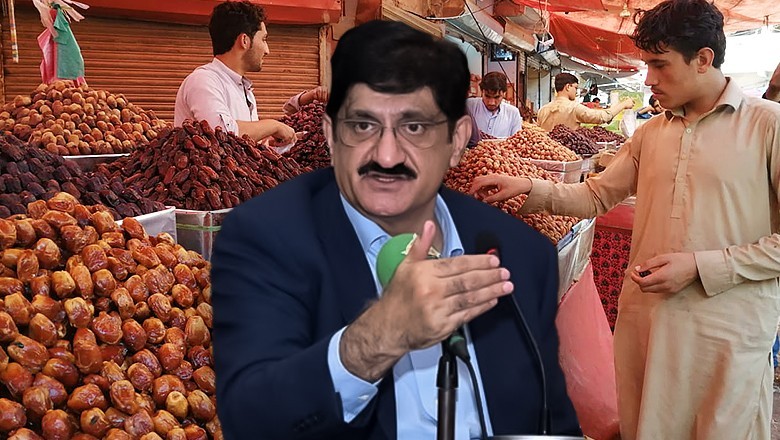
Comments
0 comment